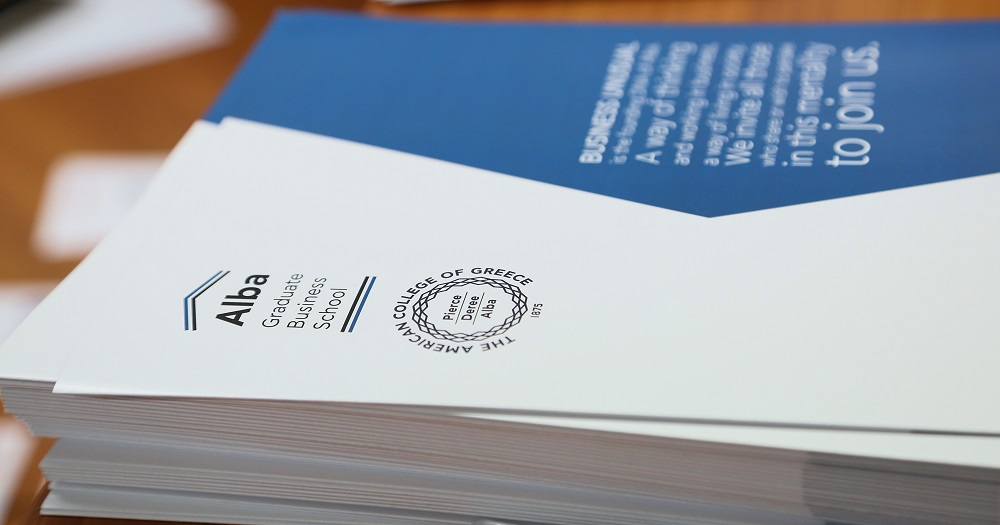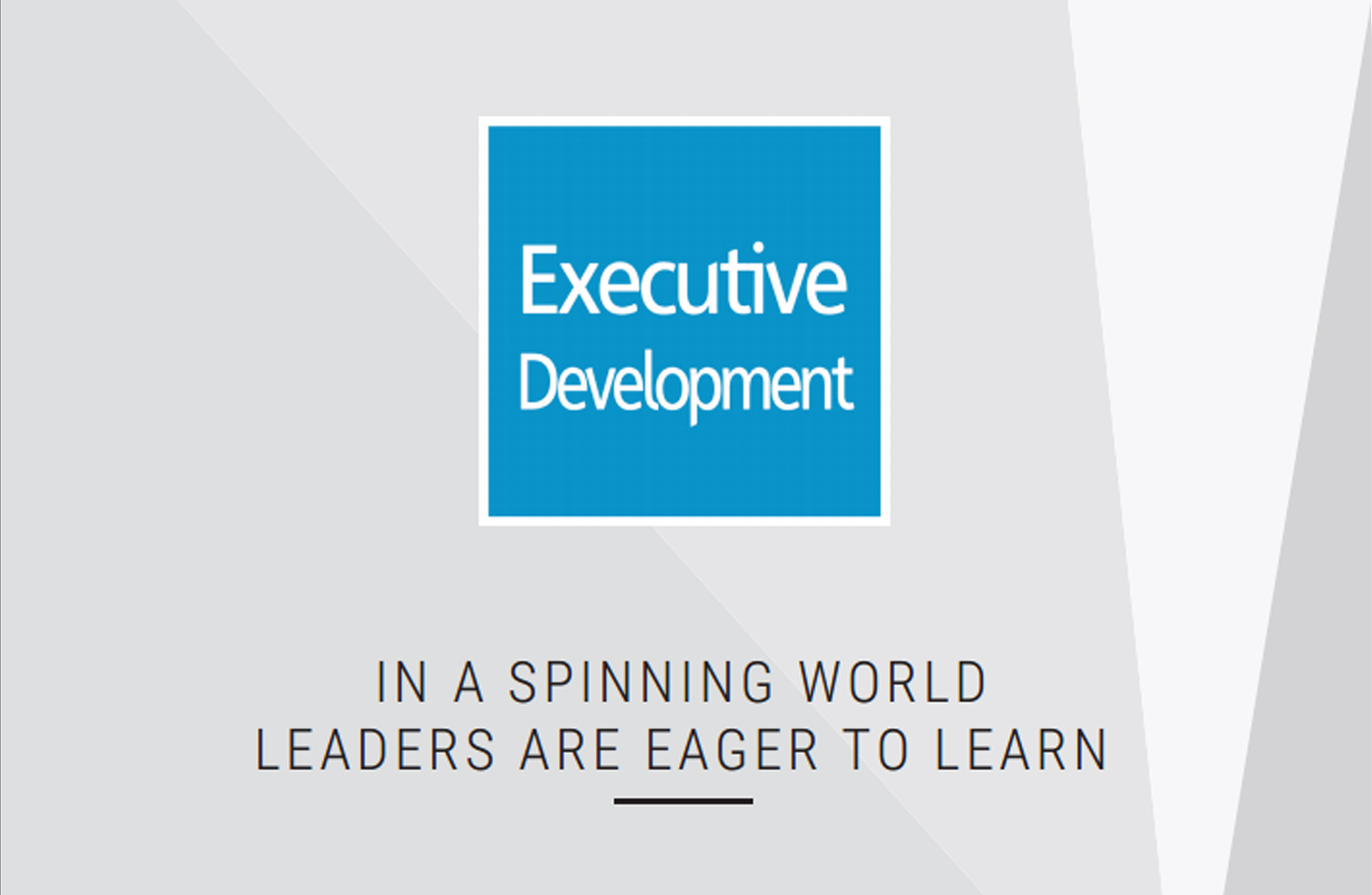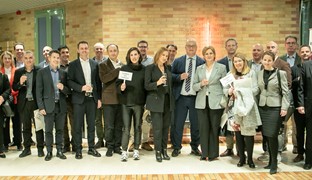“ACG 150 | Advancing the Legacy, Growing Greece” strategic plan officially announced in special event!
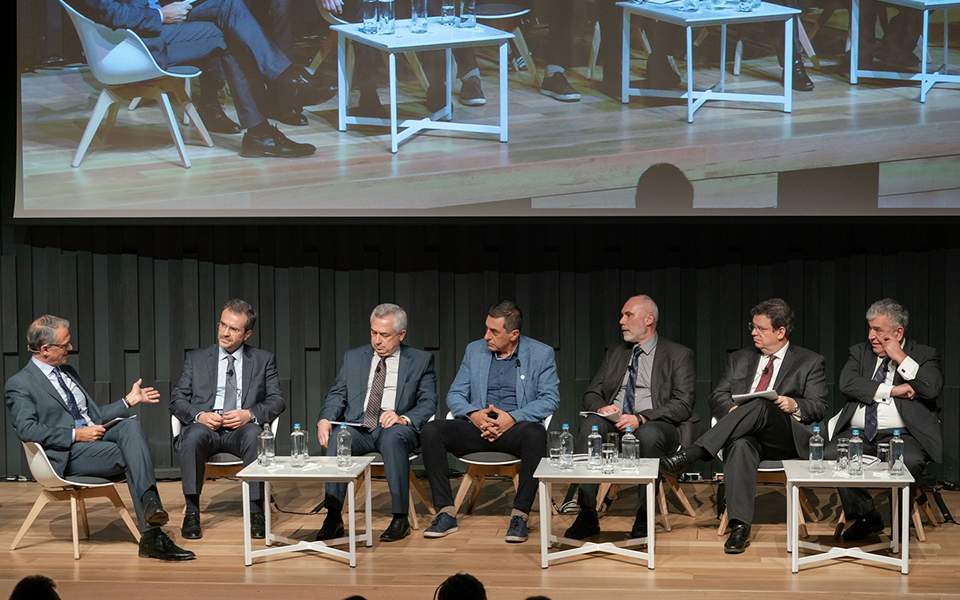
Education as a leverage for social impact and economic growth
“ACG 150 Advancing the Legacy, Growing Greece” strategic plan officially announced in special event!
What is Greece’s greatest present and future need?
How can ACG help Greece’s best future become a reality?
These questions gave birth to “ACG 150 | Advancing the Legacy, Growing Greece”, a visionary strategic plan to leverage education for economic and social impact.
On November 20, ACG organized a unique event with distinguished guests, representatives from the business, academic and political world. The purpose of the event was to start a public conversation on the importance of the connection between the Academic and the Business world. President David G. Horner announced ACG’s plan to add distinctive and sustainable value to society and the economy through education, in his introductory speech at the new modern art museum B&E Goulandris Foundation, in the heart of downtown Athens.
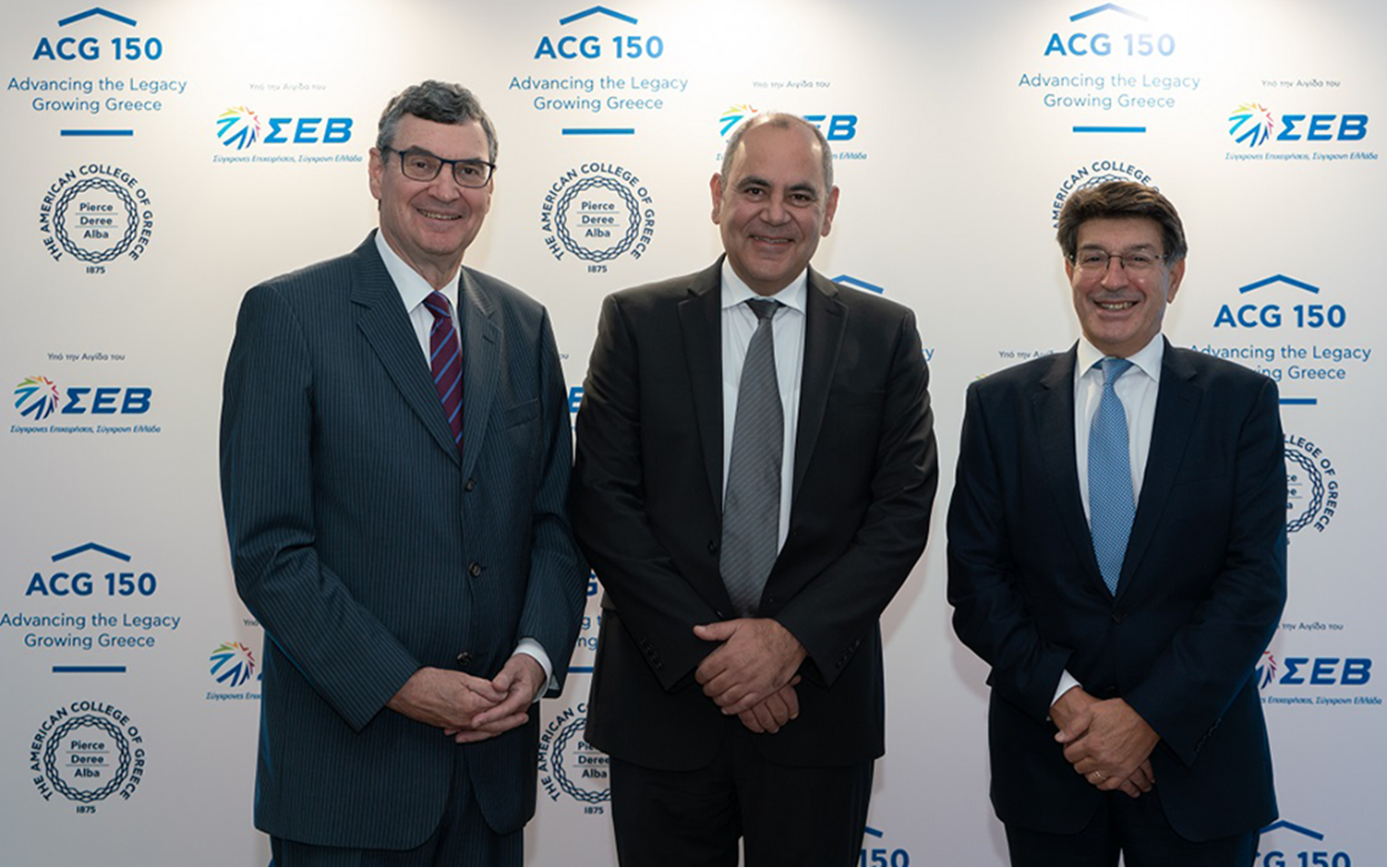
“The mission of ACG is to add distinctive and sustainable value to our students, Greece, American education, Hellenic heritage, and the global community through transformative teaching, scholarship, and service. In difficult and good times over the past 144 years, ACG has not only survived but prospered, expanding educational opportunities for students and making a positive difference in society. Continuing this progress is only possible with the support of our alumni and friends. I hope you will consider generously supporting ACG’s strategic plan to advance our institutional legacy and impact Greece even more positively in the years immediately ahead,” President Horner stated.
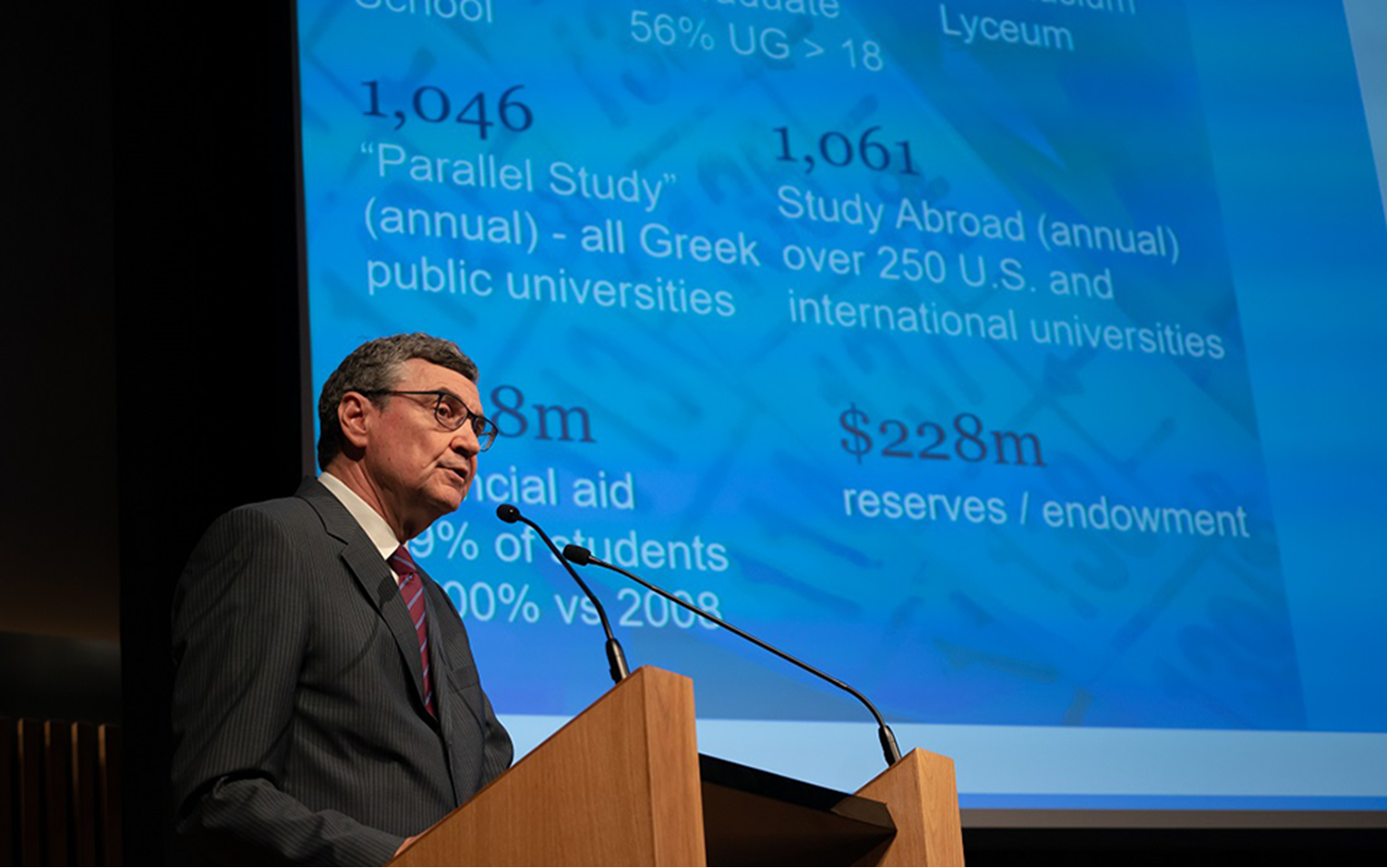
Next on the podium, Chairman of the Hellenic Federation of Enterprises (SEV), Theodoros Fessas, mentioned: “At SEV we have made the decision to highlight the need for major changes to our education system, through actions that will shift the interest and investment of businesses vis a vis the education of their people”.
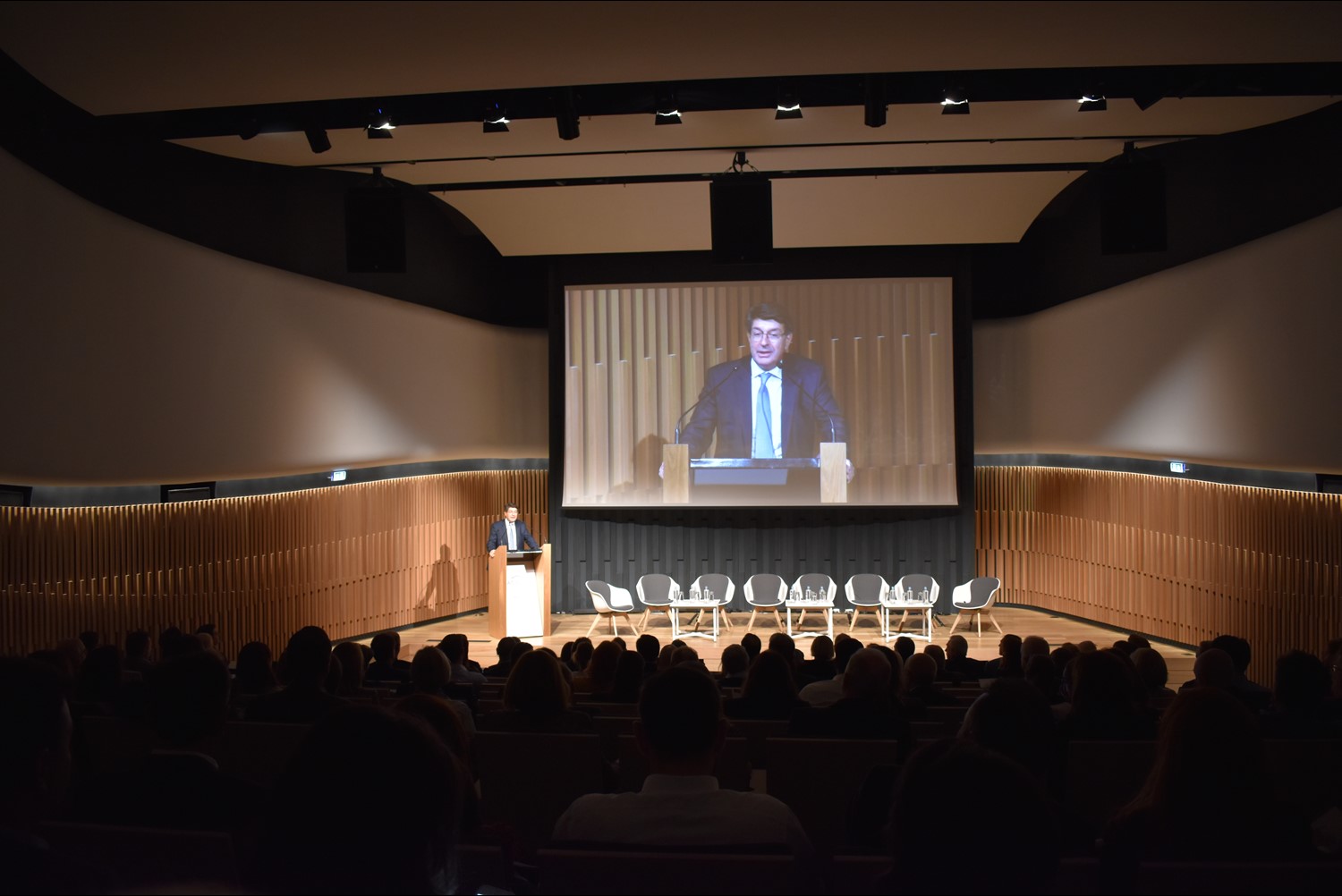
Deputy Minister of Education, responsible for Higher Education, Vasilios Digalakis, mentioned in his speech:
“To successfully build a bridge between research and production, we must finally abandon the mistrust between the academic and the business community. We should end the obsolete and conservative perceptions about the role of Universities. The business world should invest in science, research and innovation. This new model of development, focusing on science and innovation, will determine not only the country’s economic progress, but also the perspective that higher education can fulfil peoples’ dreams and offer the young the opportunity to thrive.”
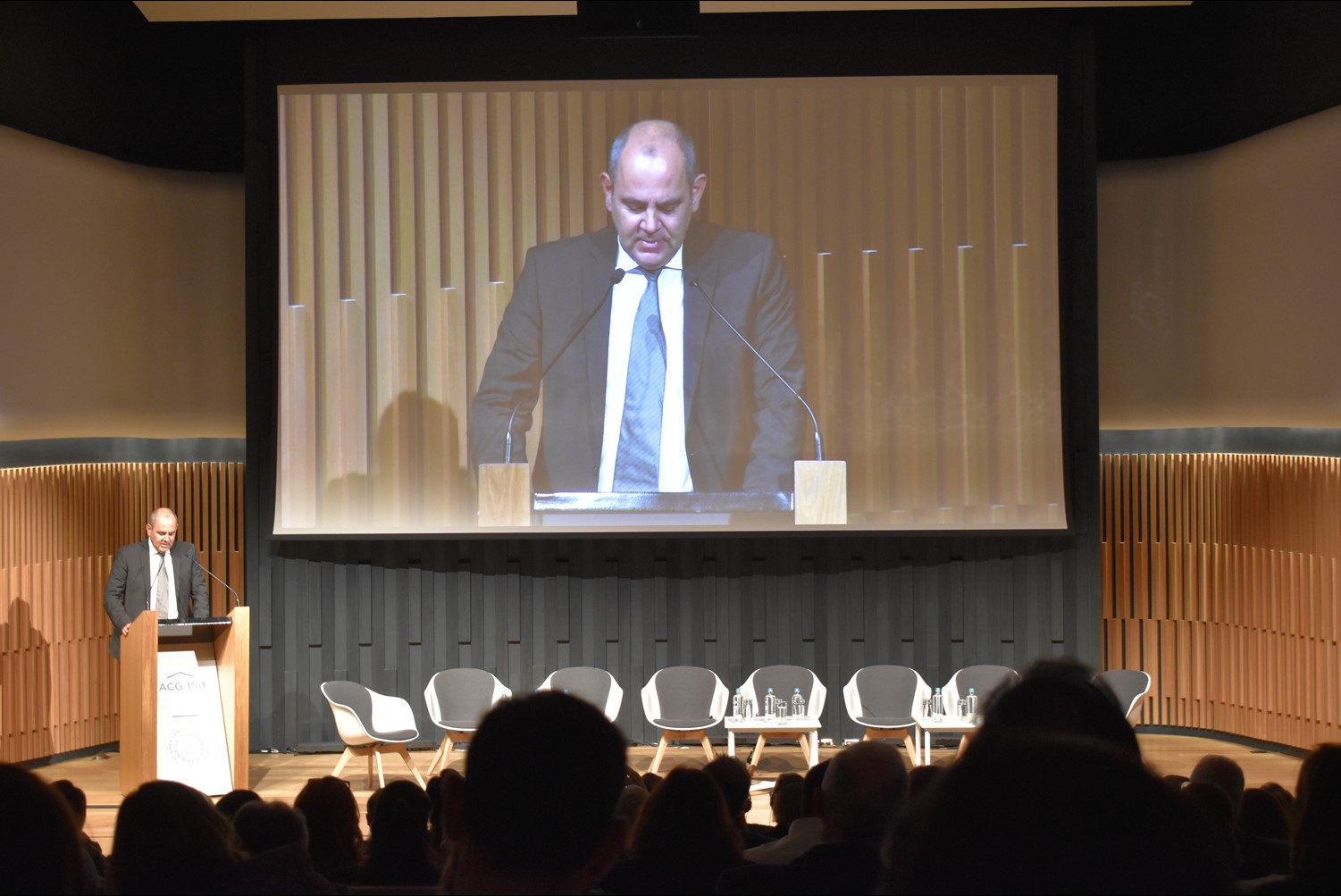
In search of the Renaissance man in the era of digital transformation, a panel of distinguished guests from some of Greece’s leading industries discussed the challenges of finding strong candidates to staff our country’s businesses, the role of education and the need for soft skills to thrive in these rapidly shifting times.
The panel consisted of Eftychios Vasilakis (Aegean), Markos Veremis (Upstream), Kelly Katsou (Pharmathen Pharmaceuticals), Nikolaos Bakatselos (American Chamber), and Pavlos Mylonas (National Bank of Greece). The discussion was moderated by Niki Lyberaki
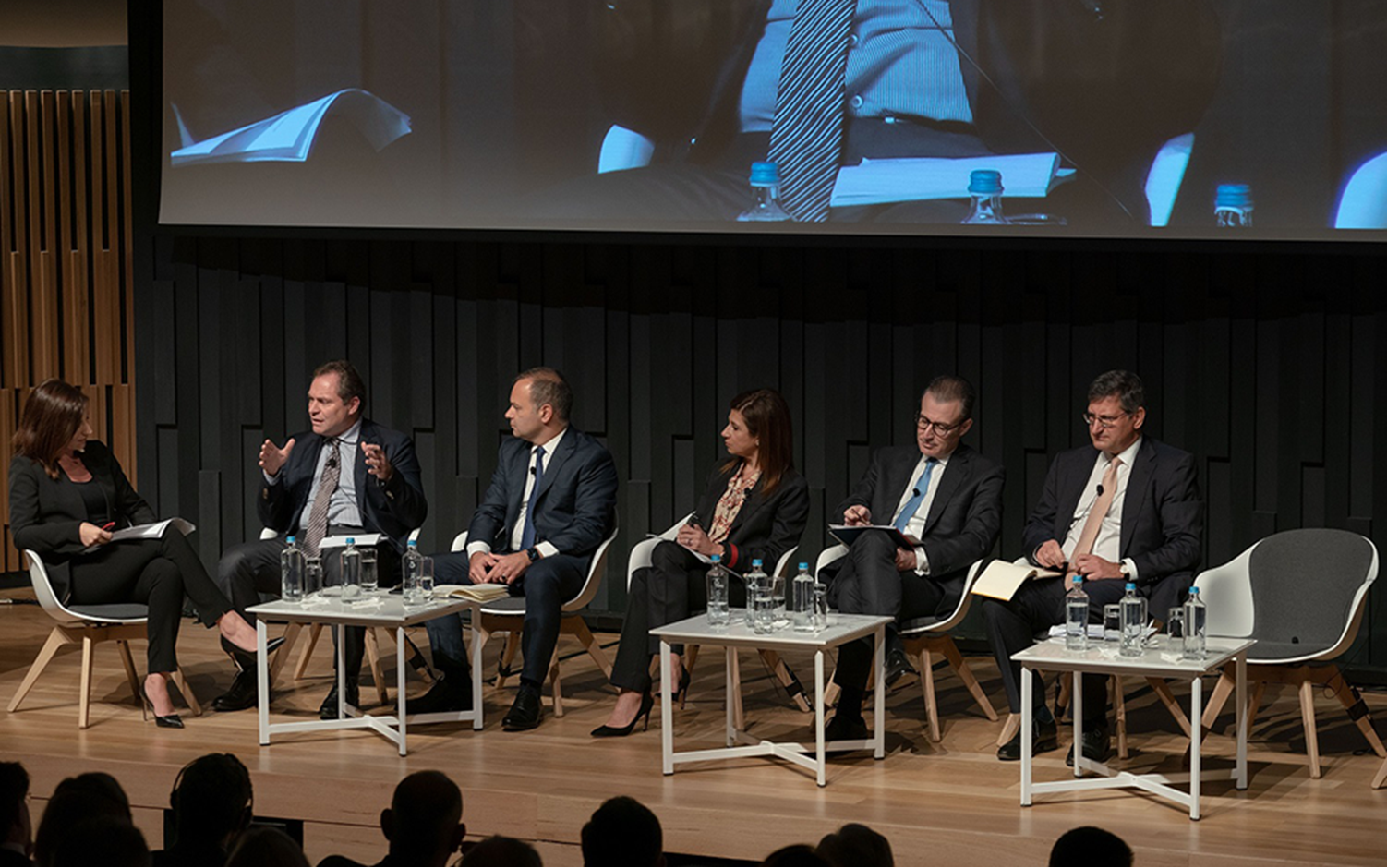
The ACG 150 Event went on with a stimulating panel discussion themed “The role of Education in a Developing Economy.”
The brilliant panel, moderated by Professor of History and Political Theory at Deree, Dr. Haris Vlavianos, brought together some of Greece’s finest academics from top universities, namely: Alba Dean Dr. Kostas Axarloglou, Dr. Georgios Doukidis (Athens University of Economics and Business), Dr. Dimitrios Kouretas (University of Thessaly), Dr. Gregoris Mentzas (National Technical University of Athens), Dr. Pericles Mitkas (Aristotle University of Thessaloniki), Dr. Georgios Pagoulatos (Athens University of Economics and Business), and Dr. Athanasios G. Tzioufas (National and Kapodistrian University of Athens). The discussion that ensued delved into issues like the need for autonomy in Greece’s academic institutions, ACG’s transformation into a research-driven entity, the need for faculty assessment, and the imperative for increased cooperation between the academic community.
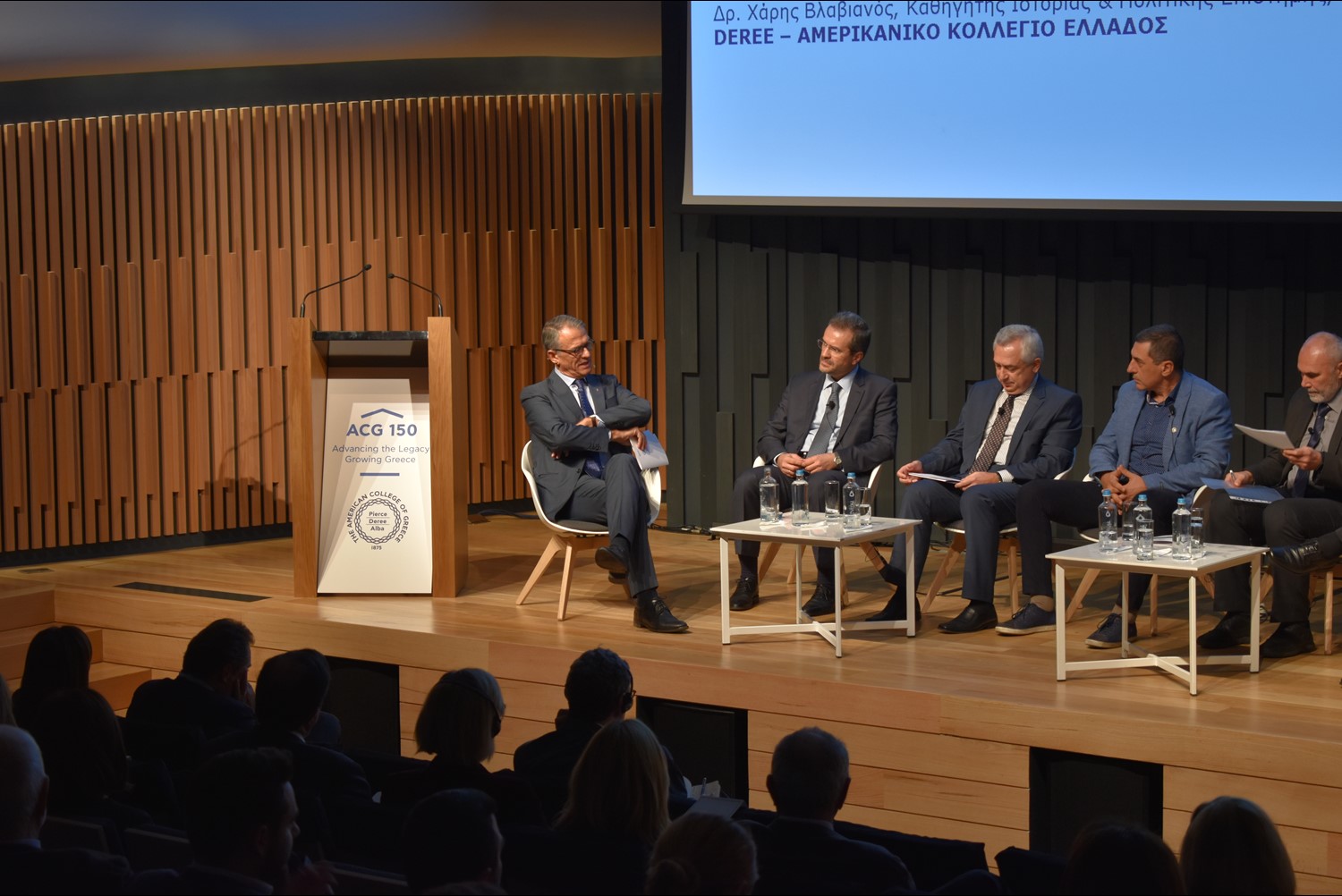
In Dr. Axarloglou's words "The talent gap, the fact that employers are looking to hire employees with certain skills and competencies but they cannot find easily, demonstrates a major challenge for educational institutions and the society. In tackling the talent gap, Universities, companies and organizations (e.g. municipalities, local organizations, NGOs, etc) need to collaborate both in terms of knowledge creation (through relevant research at Universities) and dissemination (through learning initiatives and interventions) in helping talent to develop the necessary expertise for the labor market." Moreover, he underlined that Universities also need to join forces and collaborate in supporting the development of the necessary expertise for the labor market. Universities in the country take several initiatives already in joining forces with the community and also among themselves but the latter need to be expanded in a larger scale. The establishment of structures, such as Centers of Excellence within the Universities, play the role of “platforms” of collaboration among Universities, the industry and the community, for the benefit of all.
"Learnability is the qualification of future employees. It is not a skill but rather an attitude and it is what universities and colleges should focus on: how to create ‘continuous’ learners, as learning is a lifelong process” Dean Axarloglou concluded.


